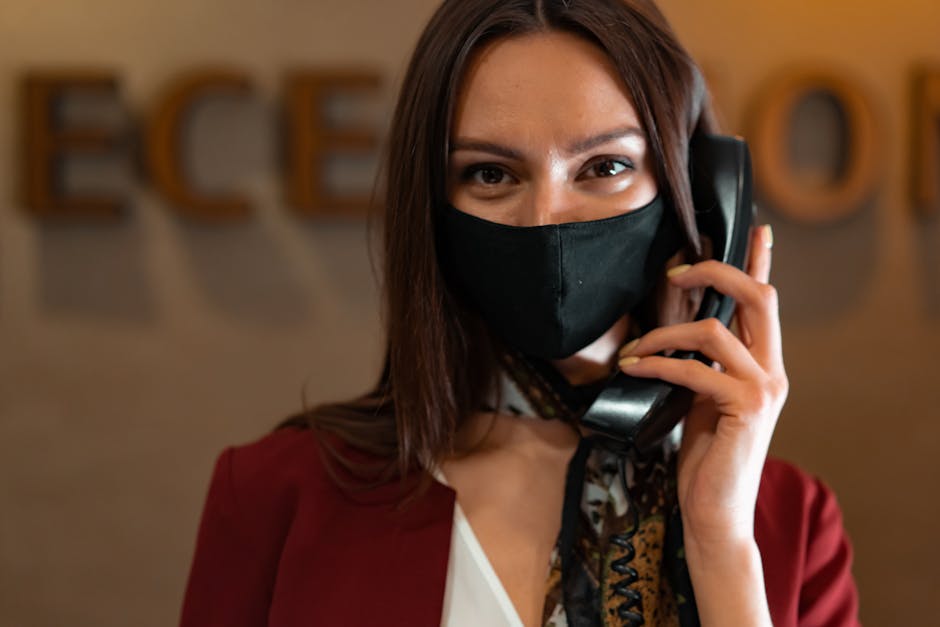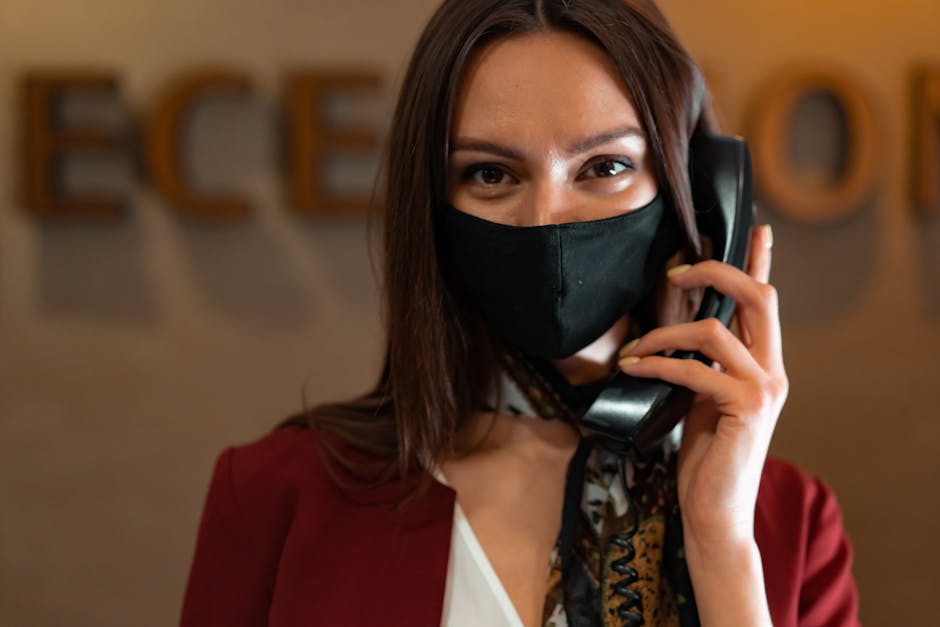The global culinary scene thrives on diverse talent. Hotel employers constantly seek skilled international chefs to elevate their dining experiences. However, recruiting these culinary professionals from overseas presents a significant challenge: navigating complex immigration systems. This process requires meticulous planning and expert knowledge. Consequently, specialized visa assistance for hotel employers hiring chefs abroad becomes not just beneficial but essential for success.
Understanding work permit regulations is crucial for any hospitality business. Different countries have vastly different immigration laws and requirements. Moreover, these rules frequently change, creating a moving target for HR departments. Therefore, having a structured approach to visa sponsorship ensures compliance and avoids costly delays. This guide provides a comprehensive roadmap for hoteliers seeking to bring international culinary talent to their kitchens efficiently and legally. It covers everything from initial labor certification to the final visa approval.
## The Critical Importance of Proper Visa Assistance
Securing work authorization for foreign chefs is a multifaceted legal process. First, employers must prove they cannot find suitable local talent for the position. This labor certification process varies by country but generally requires advertising the job locally. Additionally, employers must demonstrate that the foreign chef’s employment will not negatively impact local wages or working conditions. Therefore, meticulous documentation and adherence to specific procedures are paramount for approval.
Furthermore, immigration authorities scrutinize chef visa applications closely. They require detailed job descriptions, proof of the chef’s qualifications, and evidence of the employer’s legitimacy. Missing or incorrect documentation can lead to immediate denial. Consequently, professional visa assistance for hotel employers hiring chefs abroad mitigates these risks significantly. Experts understand the nuances of immigration law and can navigate bureaucratic hurdles effectively.
## Understanding Different Chef Visa Categories
Countries offer various visa categories for skilled culinary professionals. The specific type depends on the chef’s qualifications, the position’s seniority, and the country’s immigration system. For example, the United States offers the H-1B visa for specialty occupations, which may apply to executive chefs or those with exceptional expertise. Meanwhile, the O-1 visa caters to individuals with extraordinary ability in the culinary arts. Understanding these distinctions is vital for selecting the correct pathway.
Similarly, the United Kingdom provides the Skilled Worker visa for chefs meeting specific skill and salary thresholds. Australia uses the Temporary Skill Shortage (TSS) visa for occupations on its skilled occupation list. Each category has unique requirements regarding experience, qualifications, and sponsorship. Therefore, hotel employers must accurately classify the position to avoid application errors. Professional advisors can assess the chef’s profile and recommend the optimal visa strategy.
## Step-by-Step Guide to the Sponsorship Process
Initiating the sponsorship process requires a methodical approach. First, the hotel must obtain the necessary license to sponsor foreign workers. In the U.S., this means filing Form I-129 with USCIS to become an approved petitioner. This step involves proving the business’s financial stability and legitimacy. Subsequently, the employer must obtain a prevailing wage determination from the Department of Labor to ensure the offered salary meets market rates.
Next, the employer must conduct a recruitment campaign to test the local labor market. This process involves advertising the position through specified channels to prove a lack of qualified domestic applicants. Documentation of all recruitment efforts must be meticulously collected. After fulfilling these steps, the employer can file the labor certification or petition. Finally, the chef applies for the visa at a consulate or embassy in their home country. Each phase demands precision and thorough documentation.
## Common Challenges and How to Overcome Them
Hotel employers face several obstacles during the visa process. One major challenge is the constantly changing immigration landscape. Policies and processing times can shift unexpectedly due to political or economic factors. Additionally, proving the unavailability of qualified local chefs can be difficult in competitive markets. Employers must maintain detailed records of their recruitment efforts to satisfy regulatory requirements.
Another common issue is the lengthy processing times, which can delay a chef’s start date significantly. This delay can disrupt kitchen operations and impact business. Furthermore, visa quotas, like the U.S. H-1B cap, create uncertainty as applications may be rejected due to oversubscription. To overcome these hurdles, employers should start the process early and consider premium processing options where available. Consulting with immigration experts can also provide strategies for navigating these complexities.
## Essential Documentation Checklist
A successful visa application hinges on complete and accurate documentation. Employers must provide corporate documents, including business registration, tax returns, and financial statements. These documents prove the company’s ability to pay the offered wage. Additionally, a detailed job description outlining the chef’s duties, requirements, and salary is essential. This description must align with standard occupational classifications.
For the chef, required documents typically include passports, professional credentials, and proof of experience. Culinary degrees, diplomas from cooking schools, and detailed letters from previous employers are crucial. Moreover, a detailed resume highlighting specific skills and achievements strengthens the application. Translations may be necessary for documents not in the destination country’s official language. Organizing these documents meticulously prevents unnecessary requests for evidence (RFEs) and delays.
## Financial Considerations and Cost Management
Sponsoring an international chef involves significant financial investment. Direct costs include government filing fees, which can range from hundreds to thousands of dollars depending on the visa type and country. For instance, U.S. H-1B filing fees exceed $4,000 for standard processing, including anti-fraud fees and training costs. Additionally, legal fees for professional visa assistance can represent a substantial but necessary expense.
Indirect costs also impact the budget. These include the time spent by HR staff on the process and potential lost productivity due to delays. Furthermore, some countries require employers to cover certain relocation expenses for the employee. To manage these costs effectively, hotels should budget for the entire process upfront and explore premium processing options to reduce uncertainty. Understanding the full financial commitment prevents unexpected budgetary strains.
## Leveraging Professional Immigration Services
Engaging specialized immigration attorneys or consultants offers immense value. These professionals possess deep expertise in visa laws and procedures. They can accurately assess a case’s viability, recommend the best visa category, and prepare a robust application package. Furthermore, they stay updated on policy changes, ensuring compliance with the latest regulations. This expertise minimizes the risk of denial and saves valuable time.
Professional services also handle communication with government agencies. They respond to Requests for Evidence (RFEs) and navigate complex legal issues effectively. Moreover, they can represent the employer in case of audits or challenges. For hoteliers, this support allows them to focus on core business operations while experts manage the immigration process. The investment in professional help often pays for itself by avoiding costly mistakes and delays.
## Compliance and Ongoing Responsibilities
Sponsorship does not end with visa approval. Employers have ongoing compliance obligations to maintain legal status. These include reporting certain changes to immigration authorities, such as changes in the chef’s work location or salary. Additionally, employers must ensure they continue to meet all program requirements throughout the chef’s employment. Failure to comply can result in penalties and loss of future sponsorship privileges.
Record-keeping is a critical aspect of compliance. Employers must maintain public access files containing documentation related to the visa application and employment terms. These files must be available for inspection by government officials upon request. Furthermore, employers must adhere to all labor laws regarding wages, working conditions, and benefits. Regular internal audits help ensure continuous compliance and prevent legal issues.
## Timeline Expectations and Planning
The visa process timeline varies widely by country and visa type. Generally, the entire process can take anywhere from six months to over a year. The initial labor certification alone can take several months. Subsequently, visa petition processing adds more time. Finally, the chef must schedule a consular interview, which may have waiting times. Understanding this timeline is crucial for operational planning.
Factors influencing the timeline include government processing backlogs, the completeness of the application, and the time of year. For example, U.S. H-1B cap-subject petitions can only be filed in April for an October start date. Therefore, hotels must plan their recruitment far in advance. Creating a detailed project plan with milestones helps manage expectations and ensures a smooth transition for the new hire.
## Frequently Asked Questions
**What is the first step in obtaining visa assistance for hiring a chef from abroad?**
The first step is usually obtaining a sponsorship license from the relevant immigration authority. This allows your hotel to legally hire foreign workers.
**How can I prove no qualified local chefs are available?**
You must conduct a good-faith recruitment campaign as mandated by law. This involves advertising the position through specified channels and documenting all applications received.
**What are the common reasons for chef visa denials?**
Common reasons include incomplete applications, failure to prove specialty occupation, insufficient evidence of qualifications, and inability to pay the offered wage.
**Can I speed up the visa processing time?**
Many countries offer premium processing for an additional fee. This significantly reduces government processing times, though other steps remain unchanged.
**What ongoing responsibilities do I have after the chef arrives?**
You must comply with all program rules, report material changes, maintain records, and ensure the chef works only in authorized activities.
**How does visa assistance for hotel employers handle changing immigration laws?**
Professional services monitor legal updates continuously. They adjust strategies and advise clients on necessary actions to maintain compliance.
**What happens if the chef’s visa application is rejected?**
Options may include appealing the decision, refiling a corrected application, or exploring alternative visa categories. The specific recourse depends on the reason for denial.
**Are there alternatives to full work visas for foreign chefs?**
Some countries offer exchange visitor programs or temporary business visas for short-term engagements, but these have strict limitations.
## Conclusion
Successfully hiring a chef from abroad is a complex but achievable goal for hotel employers. It demands a strategic approach, meticulous attention to detail, and often, professional guidance. Navigating the intricate web of immigration laws requires patience and expertise. However, the reward of securing top-tier culinary talent makes the effort worthwhile. This investment enhances your restaurant’s offerings and strengthens your competitive edge in the hospitality market.
Ultimately, proper visa assistance for hotel employers hiring chefs abroad is an indispensable resource. It transforms a daunting bureaucratic challenge into a manageable process. By following the guidelines outlined and leveraging expert support, you can unlock a world of culinary expertise for your establishment. Begin your journey today by assessing your needs and connecting with professionals who can guide you every step of the way. Reach out for professional visa assistance support to ensure a seamless and successful hiring process.




